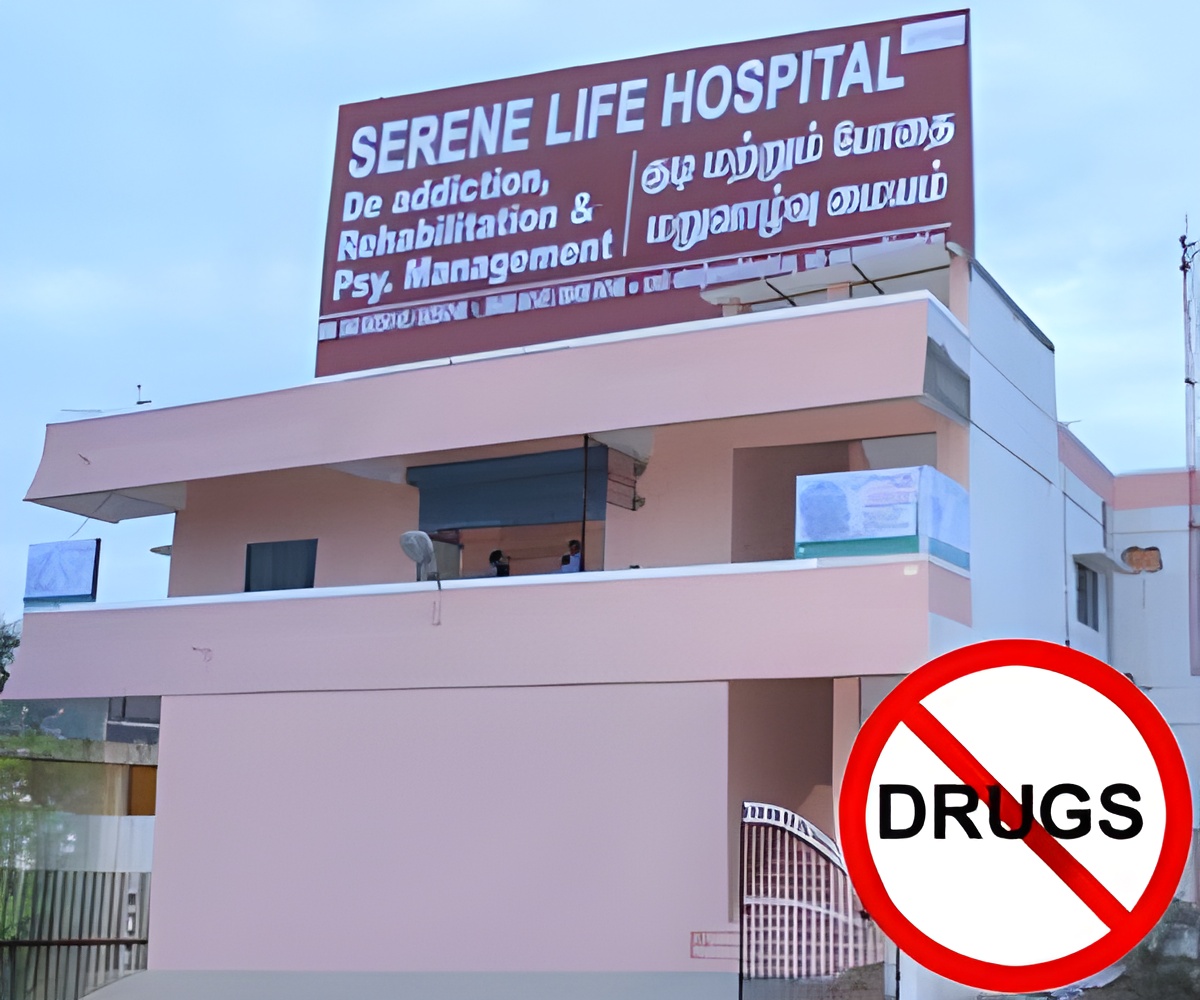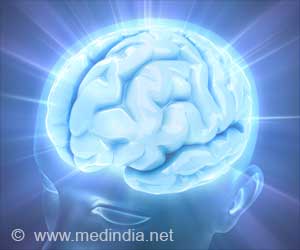Authorized Drug Rehabilitation Center can salvage the lives of victims of drug abuse or substance abuse and their pained families, confirm team at Serene Life Hospital for de-addiction and rehabilitation, Chennai, India.

Facing Addiction: “Most patients think it is a habit and do not know it is a disorder. Addiction is a disease,” says Dr. Pradeep Rangasamy. A person becomes an addict where alcohol or narcotics enter the blood stream through the arteries or veins and even reach the brain, eventually affecting every part of the person’s body making it completely dependent on alcohol or drugs. Drugs offer a person temporary relief from all withdrawal symptoms such as tremors, cravings for drugs, sleep disturbances, poor appetite, especially if the person has been addicted for a prolonged period. So, when a person seeks help, his physical fitness and mental condition are assessed before admitting him to the rehabilitation facility. A person with mild liver disease with no internal bleeding can be treated at the rehabilitation center; however, in cases of serious medical complications such as liver sclerosis, a person is referred to hospitals to have the condition treated before they can avail treatment for addiction.
Countering Addiction: Once admitted to a rehab center, an inmate goes through three phases of treatment: the Detoxification phase, the Withdrawal Management or De-addiction phase and finally the Relapse Management phase. In the Detoxification phase, medication administered by the medical practitioner addresses the symptomatic emergences, such as reduce his craving for drugs, ease and eventually stop tremors, enable better sleep, stimulate healthy appetite, induce relaxation and stabilize his mood. In the De-addiction phase, the anti-craving medications reduce the craving for addictive substances, and in the final Relapse Management phase, psychosocial workers play a vital role in preventing the relapse of a recovering person. Post discharge if addictive substances are available easily, then change of place could reduce the risk of relapse.
De-addiction Treatment: During the recovery period, a person is required to stay in the facility for 21 days. The initial phase of the treatment is for the first 15 days; however, relapse management is introduced by the second week. The treatment continues even after the person is discharged from the center. During residence, very few people get violent and those are the ones who lack motivation, get deliriums and are unwillingly admitted into the program. In a state of delirium, the person is unaware of his environment, his talk or his actions; under such circumstances physical and chemical restraint is used. Sedation (chemical restraint) reduces violent behavior and dissolves his delirium. The person is then taken to a dark place to calm down.
Group Therapy Sessions: Inmates get together in Group Therapy Sessions, which are directed towards sharing their problems and empathize with each other. Group therapies are effective in helping patients handle their own psychological problem and are taught to tackle external cues from the environment. External cues include the sight of an alcoholic shop or talking to a former ‘friend’, which seduces a recovering person to return to deteriorating habits. So their thoughts are modified which will prevent the person from relapsing. During their stay, inmates are discouraged from becoming friends with each other, because the chances of relapse are different from one person to another. People are motivated to say ‘No’ to addictive substances, but the level of motivation is not same. It is more often than not that peer pressure lands most of them at a rehab center in the first place. Hence, the success rate is 60 to 65%. As for families, they get support through counseling and have their depressive concerns addressed. Once convinced addiction is a disorder and they can get help, families are at considerable peace.
Social stigma towards drug addiction forces families to lock away people, flog them and abandon them to psychological deterioration. Sadly, a person a young as 8 years old is vulnerable to addiction. But qualitative treatment is available which costs about Rupees 20,000/- a month, considering the expense for food, price of medicines and remuneration for medical assistance. For people from economically challenged families, a trust provides financial assistance where the cost is reduced to Rupees 12,000 to 14,000 a month. Hence Kamalesh Jayakar, Director of Serene Life hospital asserts, “Family plays an important role during relapse management. The recovery process is a team effort including the doctor, counselors, person concerned and their family. Words like druggie or drunkard hurts a person’s self-esteem deeply. So we treat them with respect, kindness and care. The gratitude of the person and his family at the end of the program is truly rewarding.”












